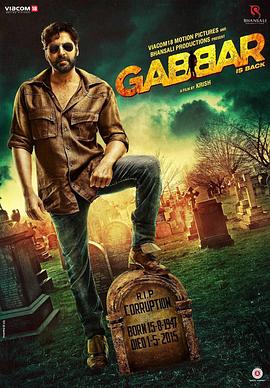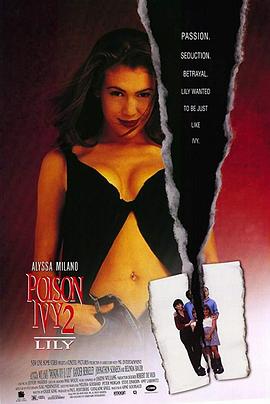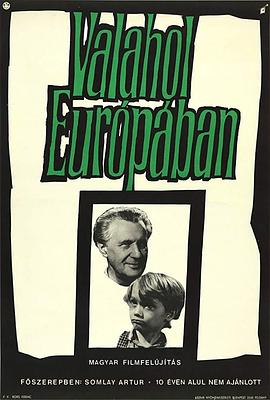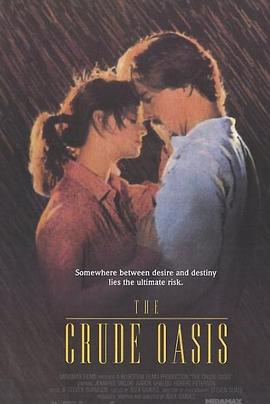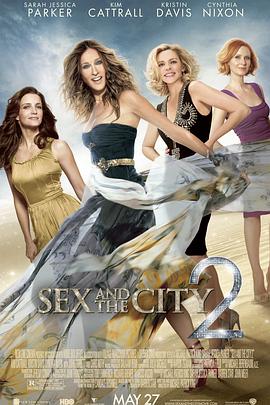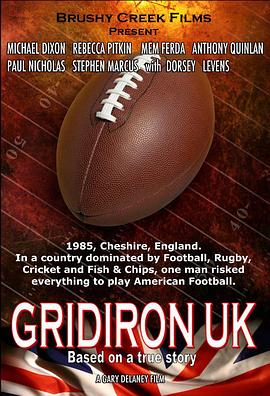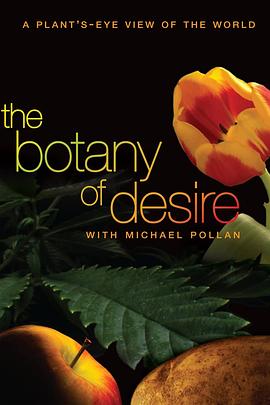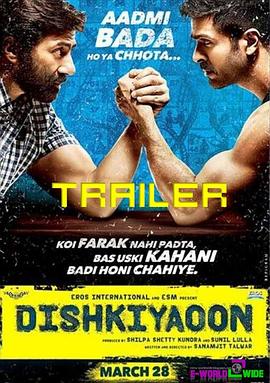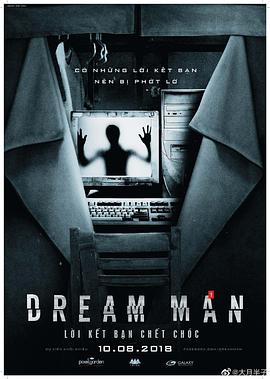-
备注:已完结
类型:剧情片
主演:Artúr Somlay Miklós Gábor Zsuzsa Bá
语言:其它
年代:未知
简介:Somewhere in the remote region, the war ends. In the midst of ruined cities and houses in the streets, in rural hamlets, everywhere where people still live, are children who have lost their homes and parents. Abandoned, hungry, and in rags, defenseless and humiliated, they wander through the world. Hunger drives them. Little streams of orphans merge into a river which rushes forward and submerges everything in its path. The children do not know any feeling; they know only the world of their enemies. They fight, steal, struggle for a mouthful of food, and violence is merely a means to get it. A gang led by Cahoun finds a refuge in an abandoned castle and encounters an old composer who has voluntarily retired into solitude from a world of hatred, treason, and crime. How can they find a common ground, how can they become mutual friends The castle becomes their hiding place but possibly it will also be their first home which they may organize and must defend. But even for this, the price will be very high. To this simple story, the journalist, writer, poet, scriptwriter, movie director, and film theoretician Béla Balázs applied many years of experience. He and the director Géza Radványi created a work which opened a new postwar chapter in Hungarian film. Surprisingly, this film has not lost any of its impact over the years, especially on a profound philosophical level. That is to say, it is not merely a movie about war; it is not important in what location and in what period of time it takes place. It is a story outside of time about the joyless fate of children who pay dearly for the cruel war games of adults. At the time it was premiered, the movie was enthusiastically received by the critics. The main roles were taken by streetwise boys of a children's group who created their roles improvisationally in close contact with a few professional actors, and in the children's acting their own fresh experience of war's turmoil appears to be reflected. At the same time, their performance fits admirably into the mosaic of a very complex movie language. Balázs's influence revealed itself, above all, in the introductory sequences an air raid on an amusement park, seen in a montage of dramatic situations evoking the last spasms of war, where, undoubtedly, we discern the influence of classical Soviet cinematography. Shooting, the boy's escape, the locomotive's wheels, the shadows of soldiers with submachine guns, the sound of a whistle—the images are linked together in abrupt sequences in which varying shots and expressive sharp sounds are emphasized. A perfectly planned screenplay avoided all elements of sentimentality, time-worn stereotypes of wronged children, romanticism and cheap simplification. The authors succeeded in bridging the perilous dramatic abyss of the metamorphosis of a children's community. Their telling of the story (the scene of pillaging, the assault on the castle, etc) independently introduced some neorealist elements which, at that time, were being propagated in Italy by De Sica, Rossellini, and other film artists. The rebukes of contemporary critics, who called attention to formalism for its own sake have been forgotten. The masterly art of cameraman Barnabás Hegyi gives vitality to the poetic images. His angle shots of the children, his composition of scenes in the castle interior, are a living document of the times, and underline the atmosphere and the characters of the protagonists. The success of the picture was also enhanced by the musical art of composer Dénes Buday who, in tense situations, inserted the theme of the Marseilaise into the movie's structure, as a motive of community unification, as an expression of friendship and the possibility of understanding. Valahol Europaban is the first significant postwar Hungarian film. It originated in a relaxed atmosphere, replete with joy and euphoria, and it includes these elements in order to demonstrate the strength of humanism, tolerance, and friendship. It represents a general condemnation of war anywhere in the world, in any form.
-
备注:已完结
类型:剧情片
主演:Sarah Jessica Parker Kim Cattrall K
语言:英语
年代:未知
简介:凯瑞(萨拉·杰西卡·帕克 Sarah Jessica Parker 饰)和夏洛特(克里斯汀·戴维斯 Kristin Davis 饰)的两位同性好友,安东尼(马里奥·坎通 Mario Cantone 饰)与斯坦福(威利·加森 Willie Garson 饰)终于成婚,而凯瑞与“大先生”(克里斯·诺斯 Chris North 饰)婚后却不满生活日渐平淡,二人矛盾渐生。全职妈妈夏洛特日夜担心丈夫哈里(伊万·汉德勒 Evan Handler 饰)会与青春洋溢的爱尔兰保姆艾琳(爱丽丝·伊芙 Alice Eve 饰)出轨。律师米兰达(辛西娅·尼克松 Cynthia Nixon 饰)不满老板对女性的歧视,愤而辞职。就在此时,萨曼莎(金·凯特罗尔 Kim Cattrall 饰)应阿联酋酋长之邀,带领三人出游中东的阿布扎比。在香料集市上,凯瑞重逢多年前的旧爱艾登(约翰·考伯特 John Corbett 饰)。心猿意马的凯瑞盛装赴约,果然犯了不该犯下的错误……
-
备注:已完结
类型:剧情片
主演:迈克尔·波伦 弗兰西斯·麦克多蒙德
导演:Michael Schwarz Edward Gray
语言:英语
年代:未知
简介:《植物的欲望》改编自迈克尔·普兰(Michael Pollan)的同名著作。 本片讲述了四种日常生活中常见的植物以及它们如何让人类喜欢它们的故事。1983年,迈克尔·普兰与他的妻子离开纽约城,到一个被遗弃的奶牛场定居。普兰幼时一直对园艺十分着迷,再加上他对自己把握自然的能力深信不疑,他开始开垦自己的花园。那时的他还不知道这一行动最终促使他开始重新思考人与植物的关系,也成就了他的《植物的欲望》这本书成为书架上的畅销货。本片将带领观众走遍全世界,从位于秘鲁和美国爱达荷州的马铃薯菜园到哈萨克的苹果林,从阿姆斯特丹的郁金香市场到美国的医用大麻的培养室,探寻马铃薯、苹果、郁金香以及大麻的自然史,得出结论:人类对它们的渴望使它们的命运与我们息息相关。本片由迈克尔·施瓦茨(Michael Schwarz)执导。

